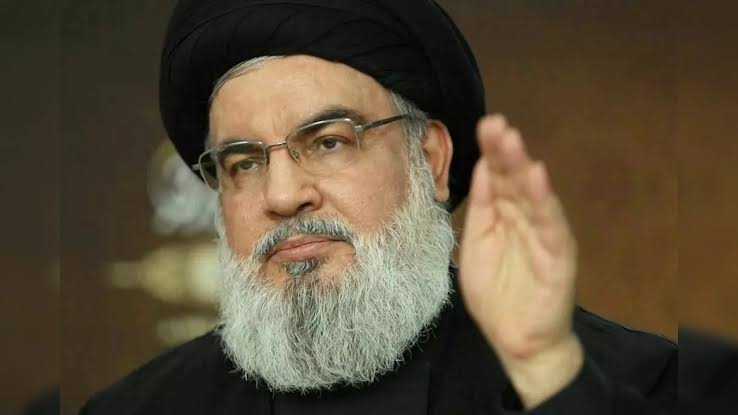Hezbollah’s leader Hassan Nasrallah has been killed in an air attack on Lebanon’s capital Beirut, according to Israel’s military and the Lebanese group, in what is a significant blow to Hezbollah as it reels from an escalating campaign of Israeli attacks.
“Hassan Nasrallah is dead,” Israeli military spokesman Lieutenant Colonel Nadav Shoshani announced on X on Saturday.
Ali Karki, the commander of Hezbollah’s southern front, and additional Hezbollah commanders were also killed in the massive air strike in Beirut’s southern suburb of Dahiyeh on Friday, the Israeli military said. The strike levelled six apartment buildings while injuring 91 people, according to Lebanon’s health ministry.
“Most of the senior leaders of Hezbollah have been eliminated,” Shoshani said.
Hezbollah confirmed Nasrallah’s death later on Saturday and pledged to keep up the fight against Israel “in support of Gaza and Palestine, and in defence of Lebanon and its steadfast and honourable people”.
The statement confirmed Nasrallah was killed with other group members “following the treacherous Zionist strike on the southern suburbs” of Beirut.
Israel’s military said the country is on high alert following his killing.
Meanwhile, Nasrallah, 64, led the Iran-backed group for more than 32 years, serving as a political and spiritual leader who guided Hezbollah to a place of prominence in Lebanon.
Among his supporters, the Shia leader was lauded for standing up to Israel and defying the United States. To his enemies, he was the head of a terrorist organisation and a proxy for Iran in its tussle for influence in the Middle East.
“Hassan Nasrallah is a larger-than-life figure when it comes to the politics in the Middle East. He is the figurehead, Iran’s linchpin, if you will,” said Al Jazeera’s Stefanie Dekker. “He really created Hezbollah into the organised fighting, disciplined force that it is today.”
“He is not just a symbolic figure, he is a man who is behind the strategic thinking, the military thinking,” added Al Jazeera’s Zeina Khodr from Beirut. “No doubt this will be a major setback for the organisation.”
Nasrallah’s regional influence was on display over nearly a year of conflict ignited by the Gaza war, as Hezbollah entered the fray by firing on Israel from southern Lebanon in support of its Palestinian ally Hamas.
While conflict with Israel largely defined Nasrallah’s leadership, he was a divisive figure in Lebanon and the wider Arab world due to Hezbollah’s operations in Syria and beyond.
Nasrallah also had numerous domestic foes, including Sunni and Druze political forces which Hezbollah has clashed with. In the years before his death, he was rarely seen in public due to security concerns.
Israel’s military, in its statement announcing Nasrallah’s killing, accused the leader of being responsible for the “murder of many Israeli civilians and soldiers, and the planning and execution of thousands of terrorist activities”.
